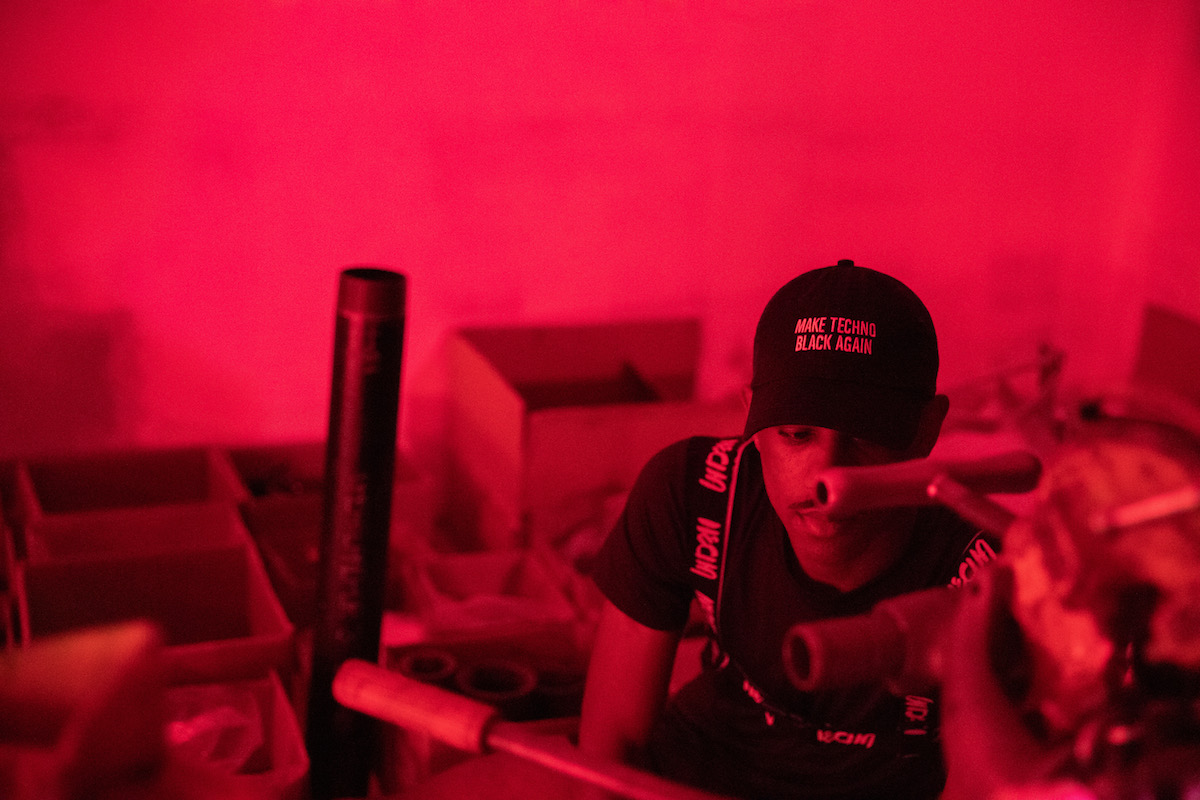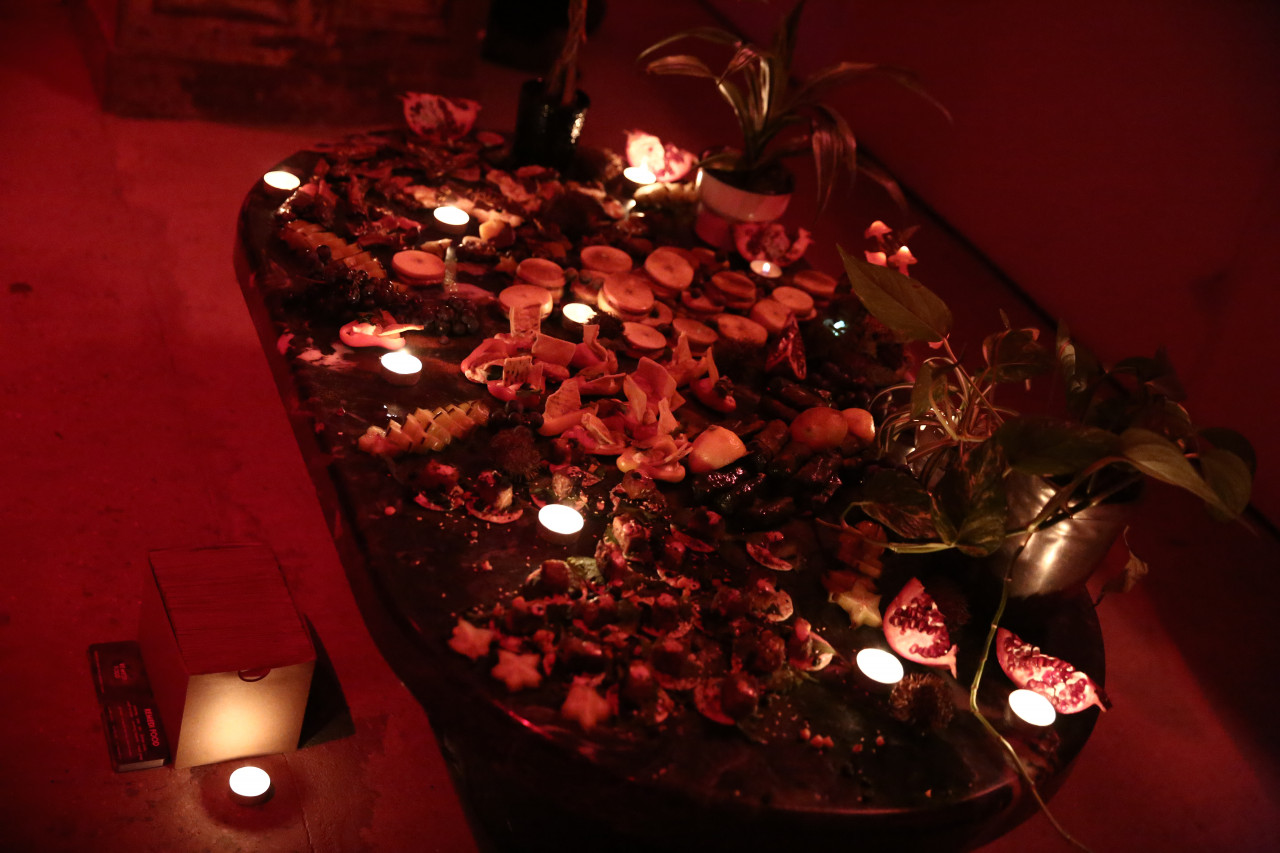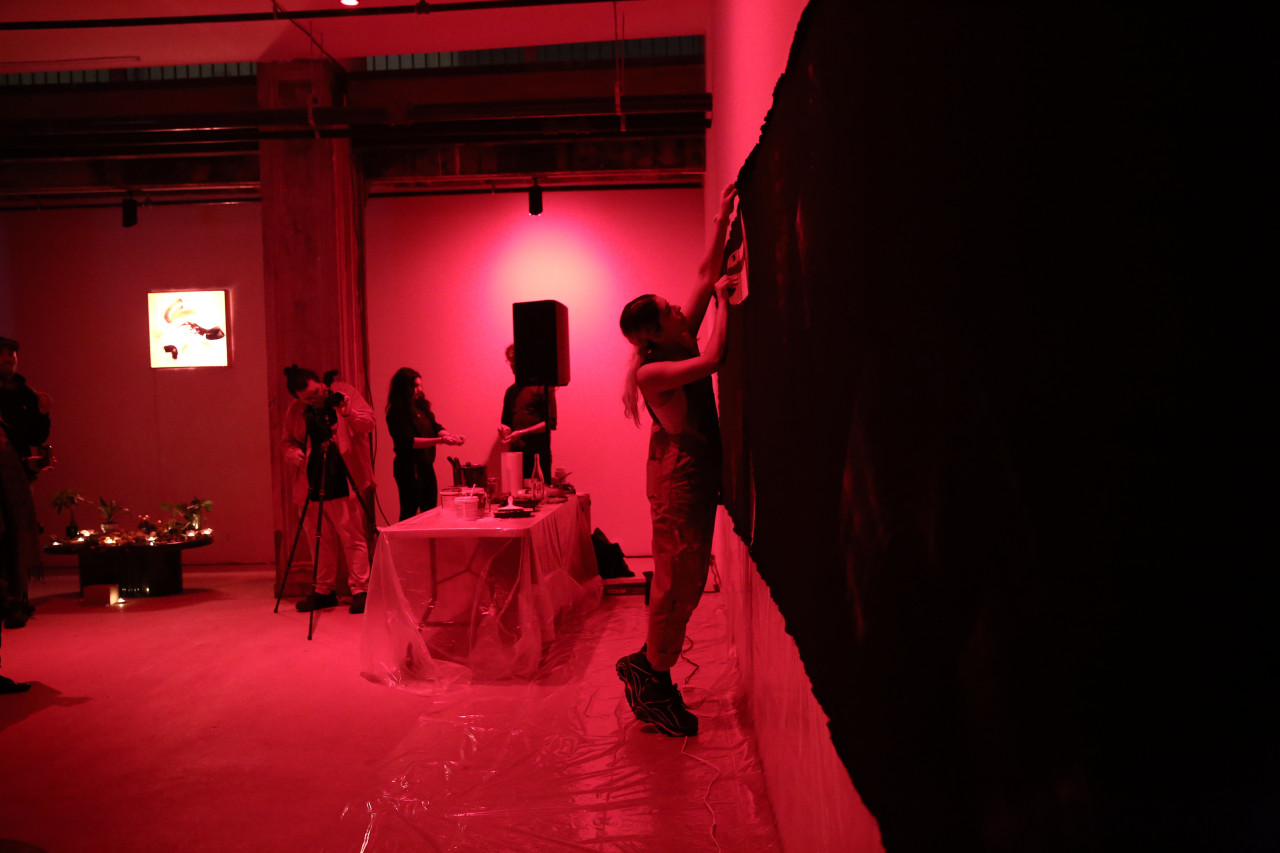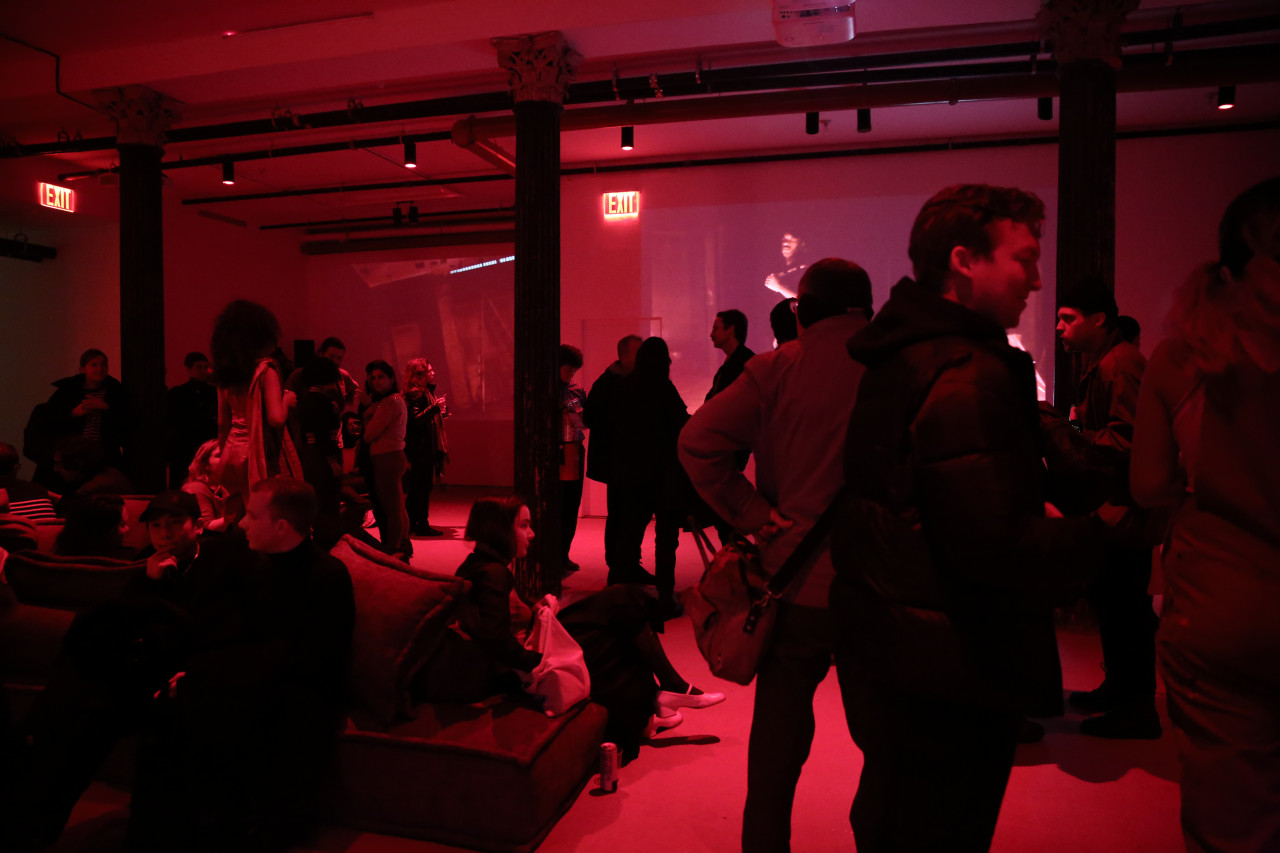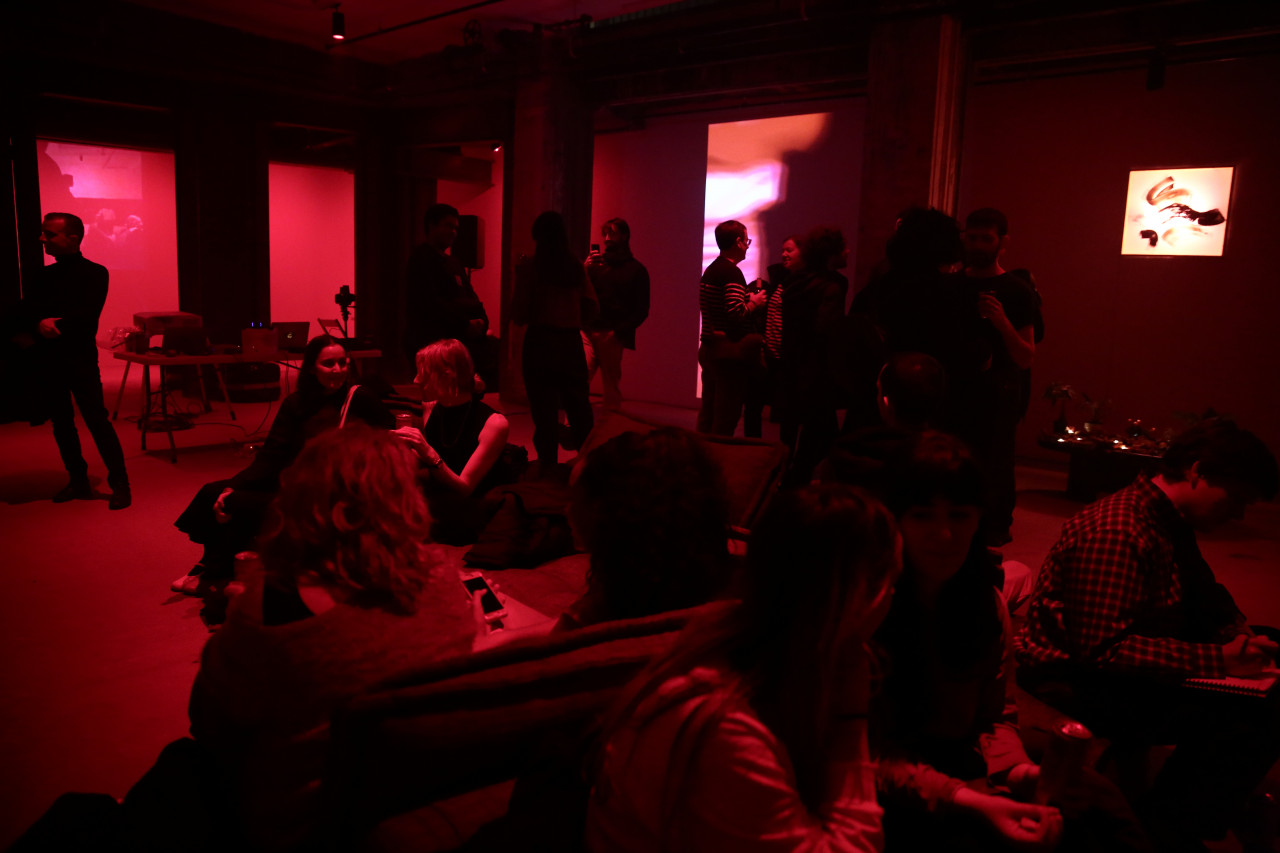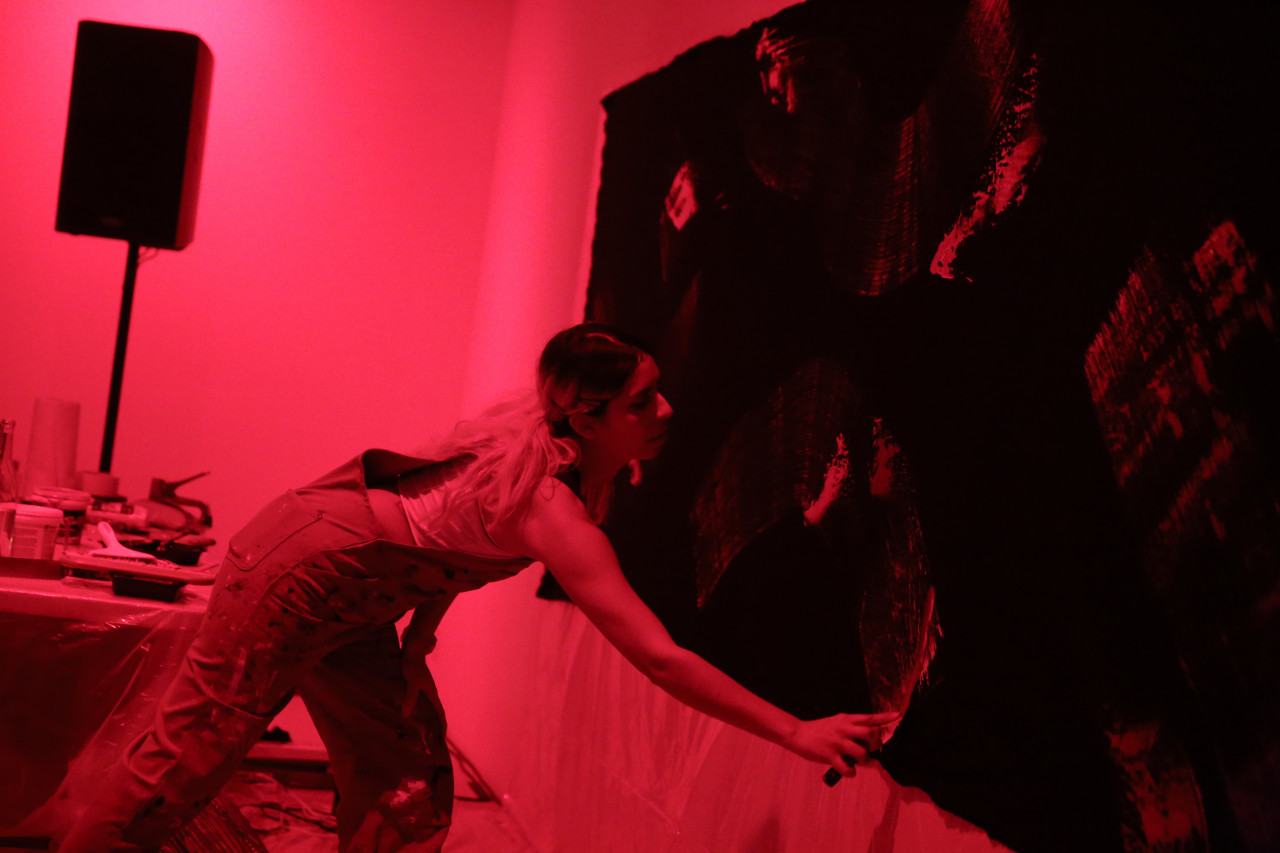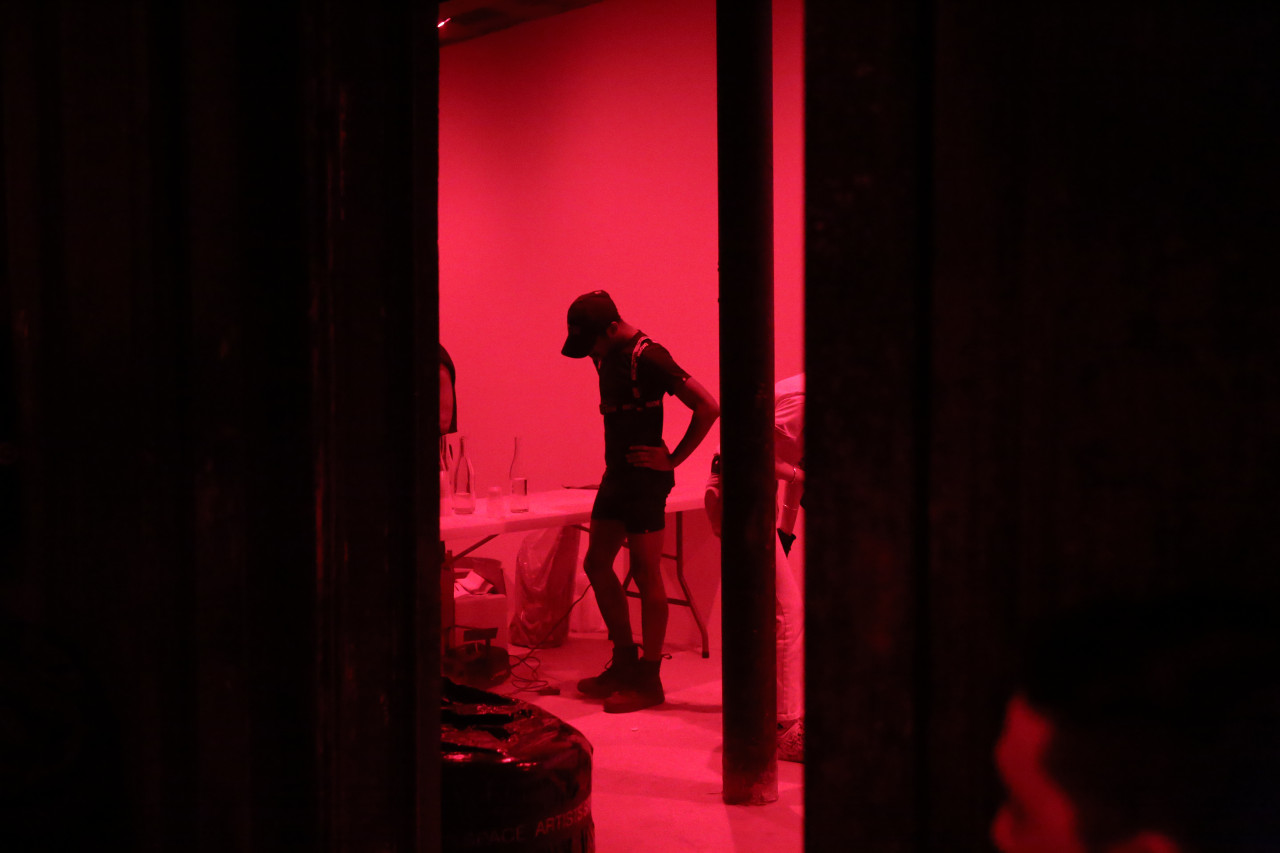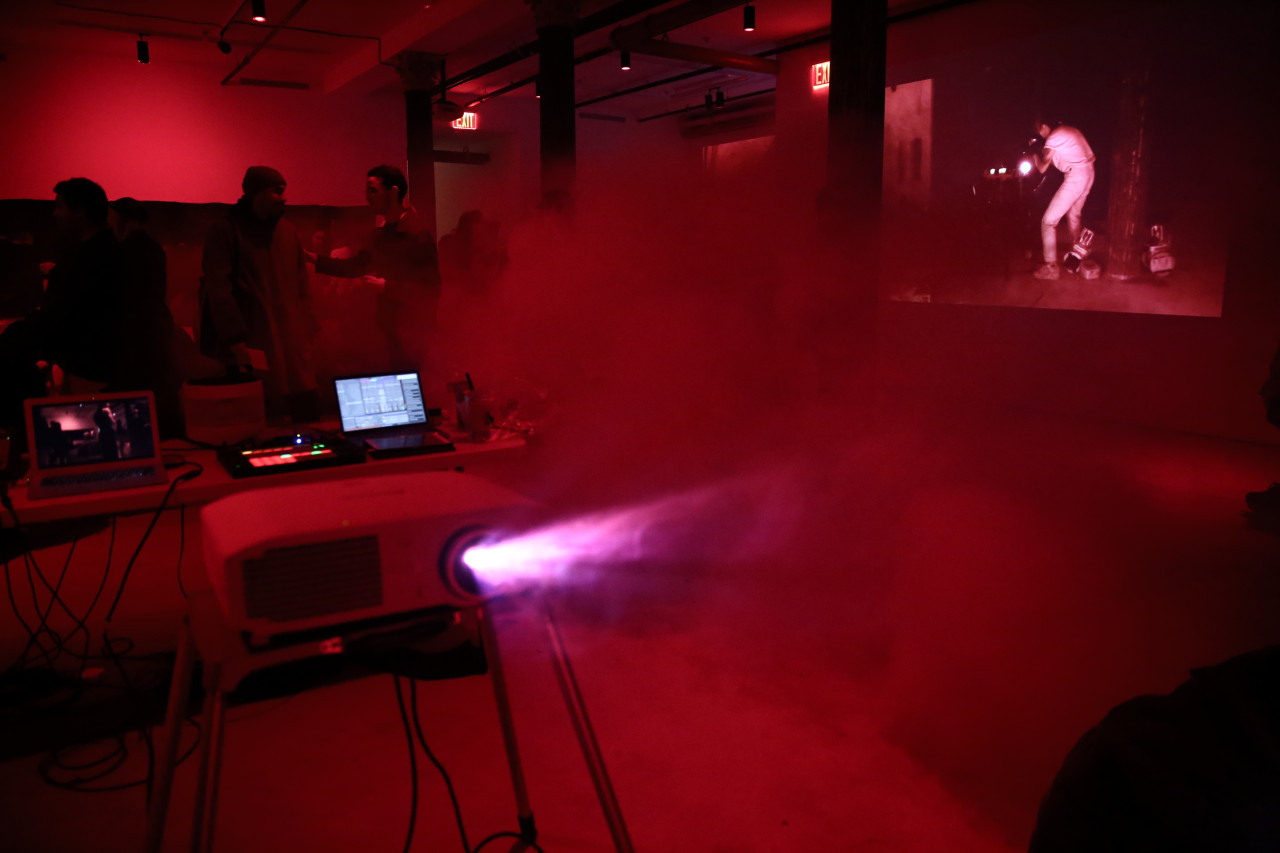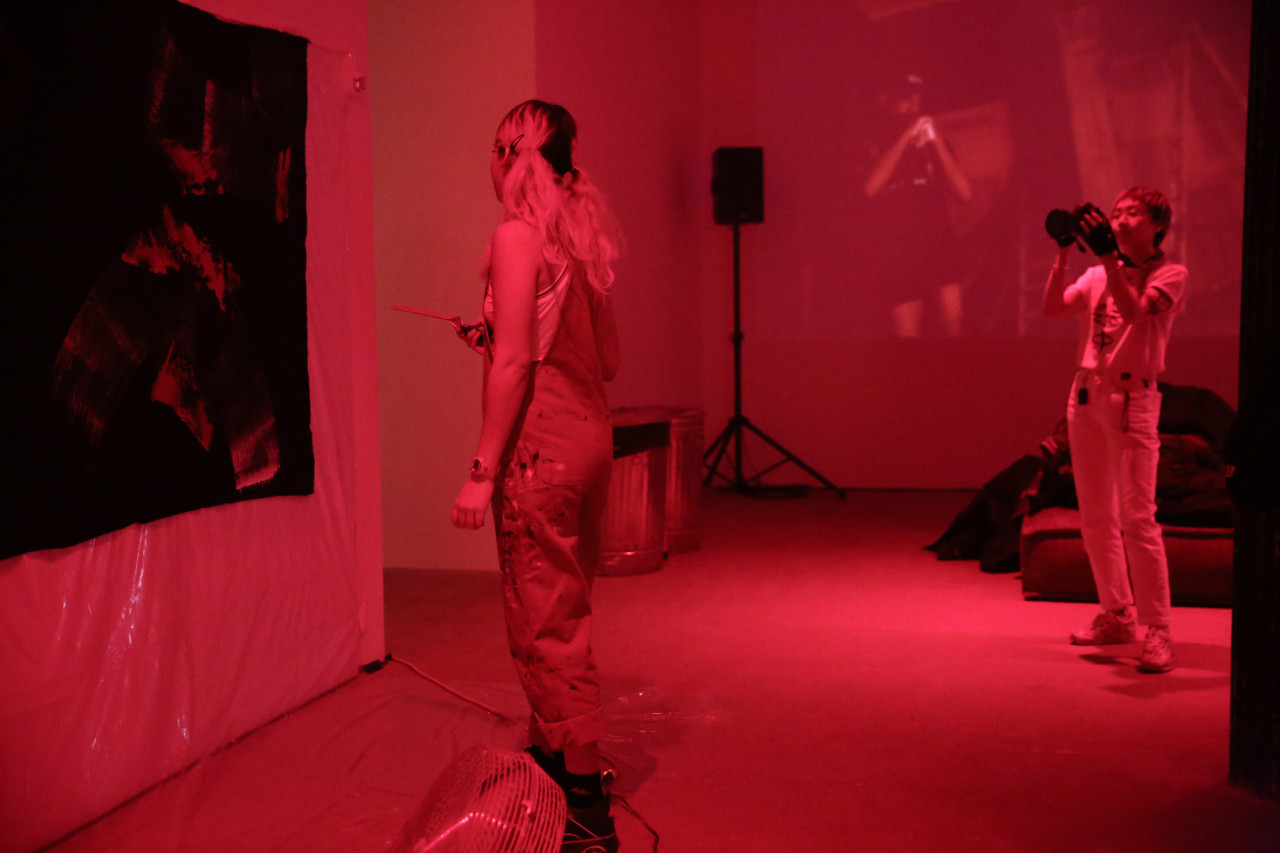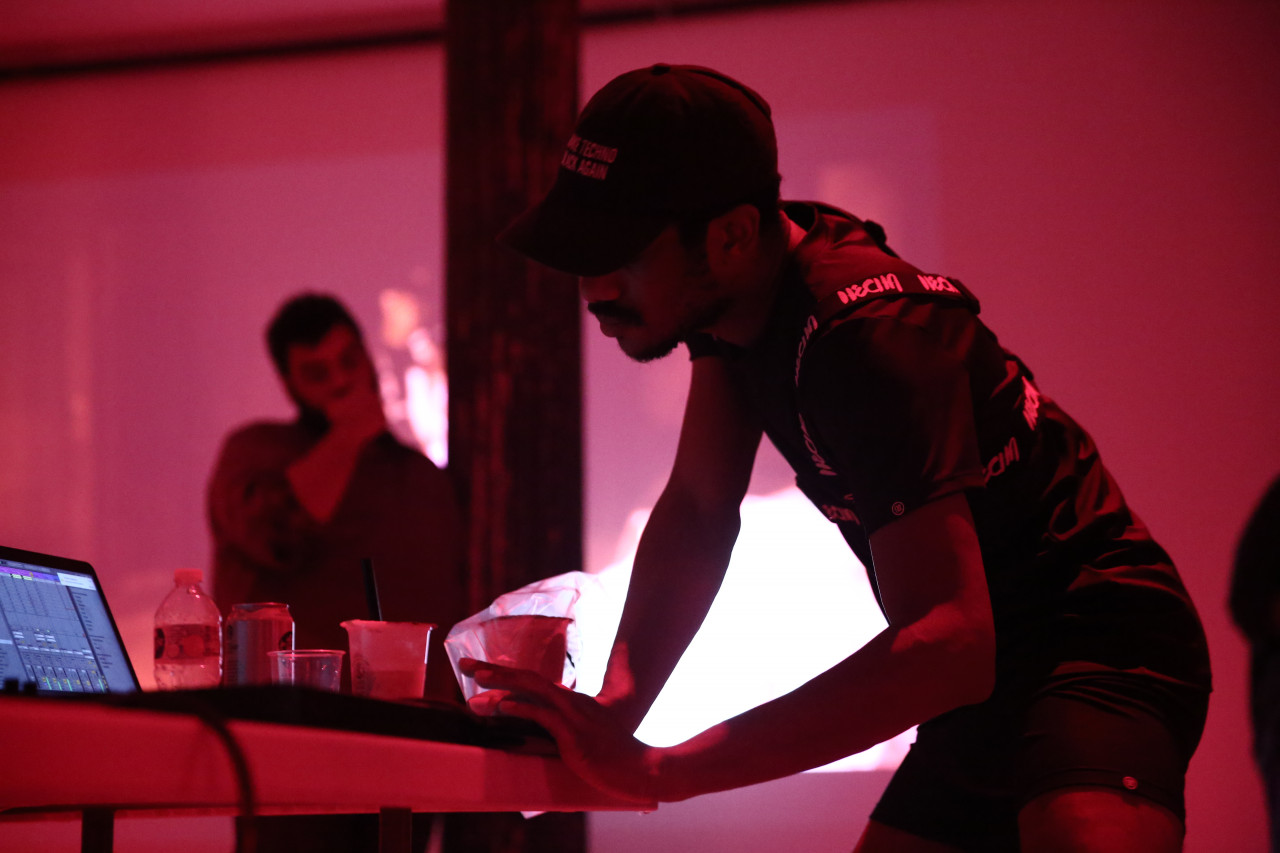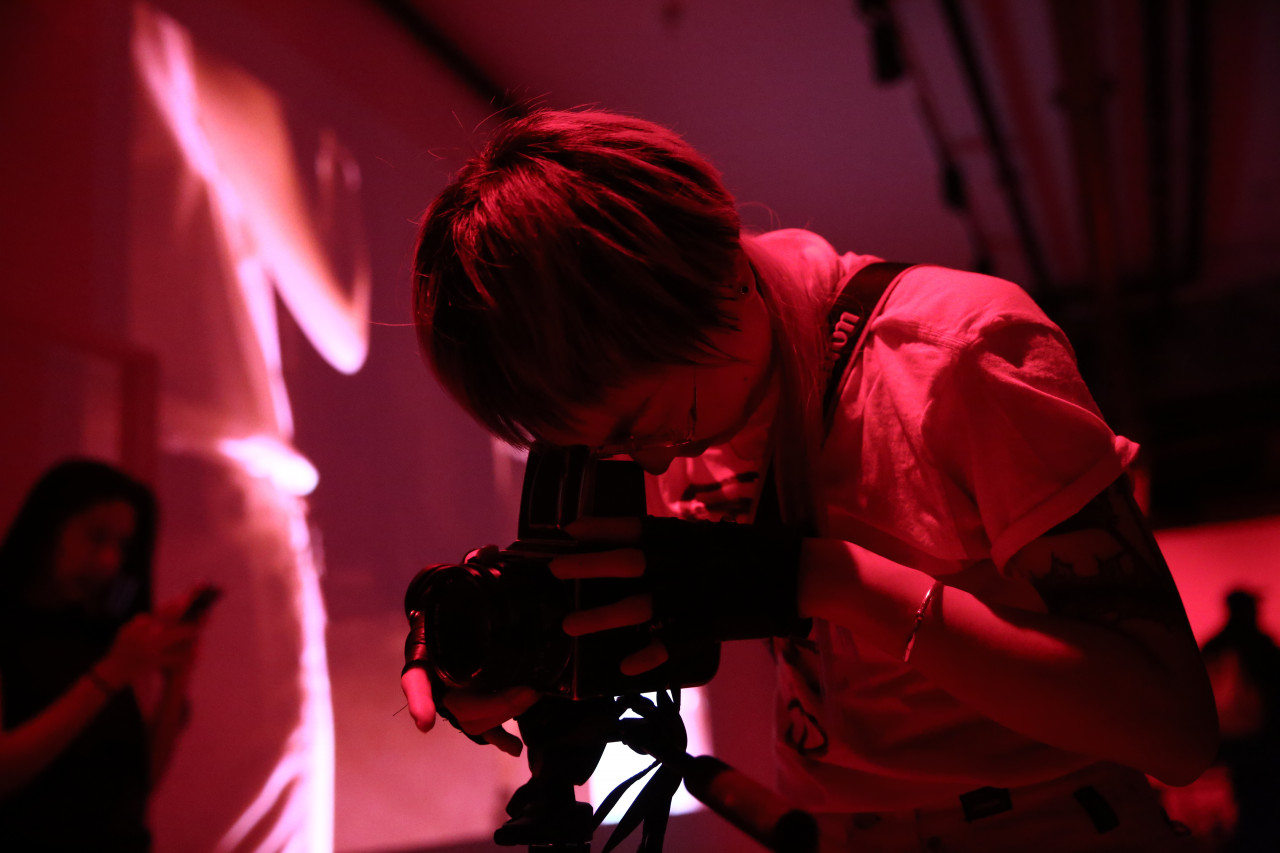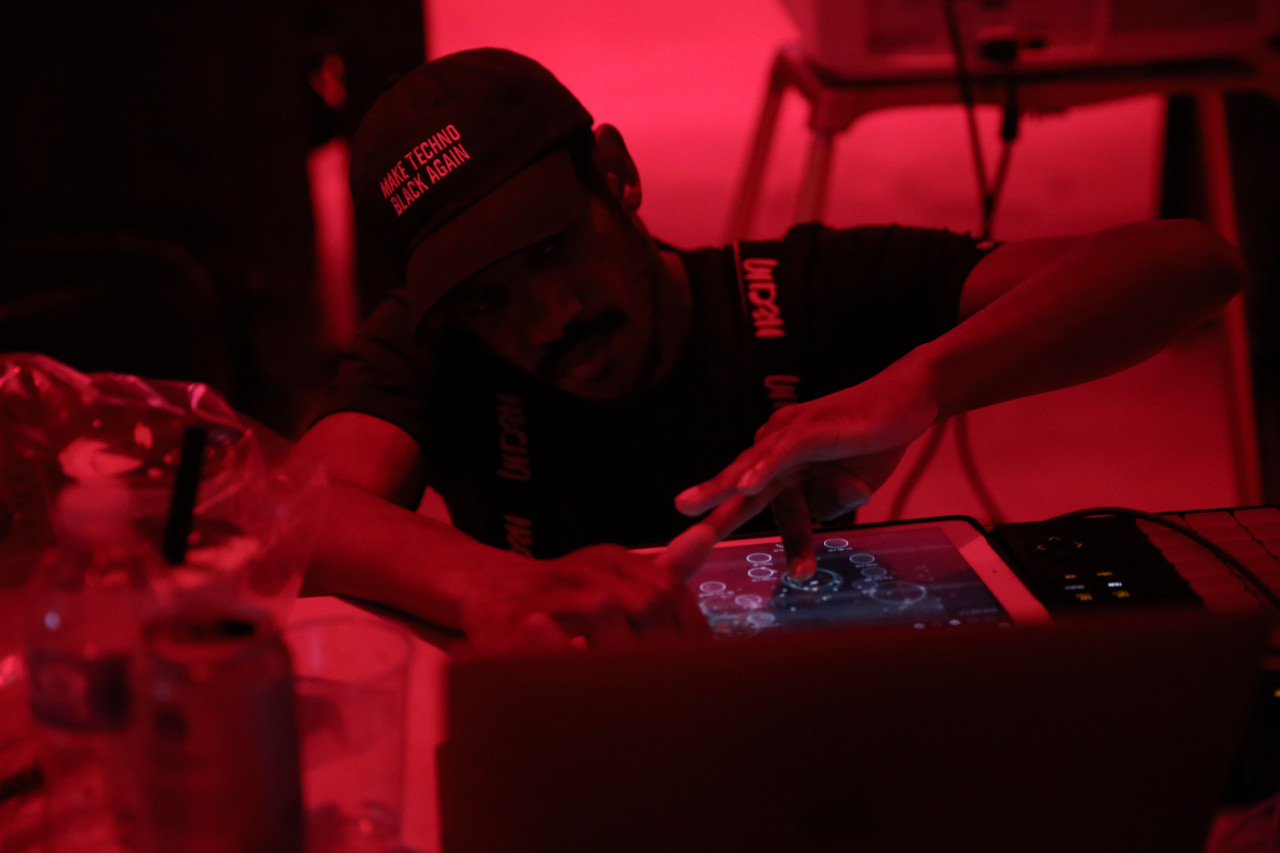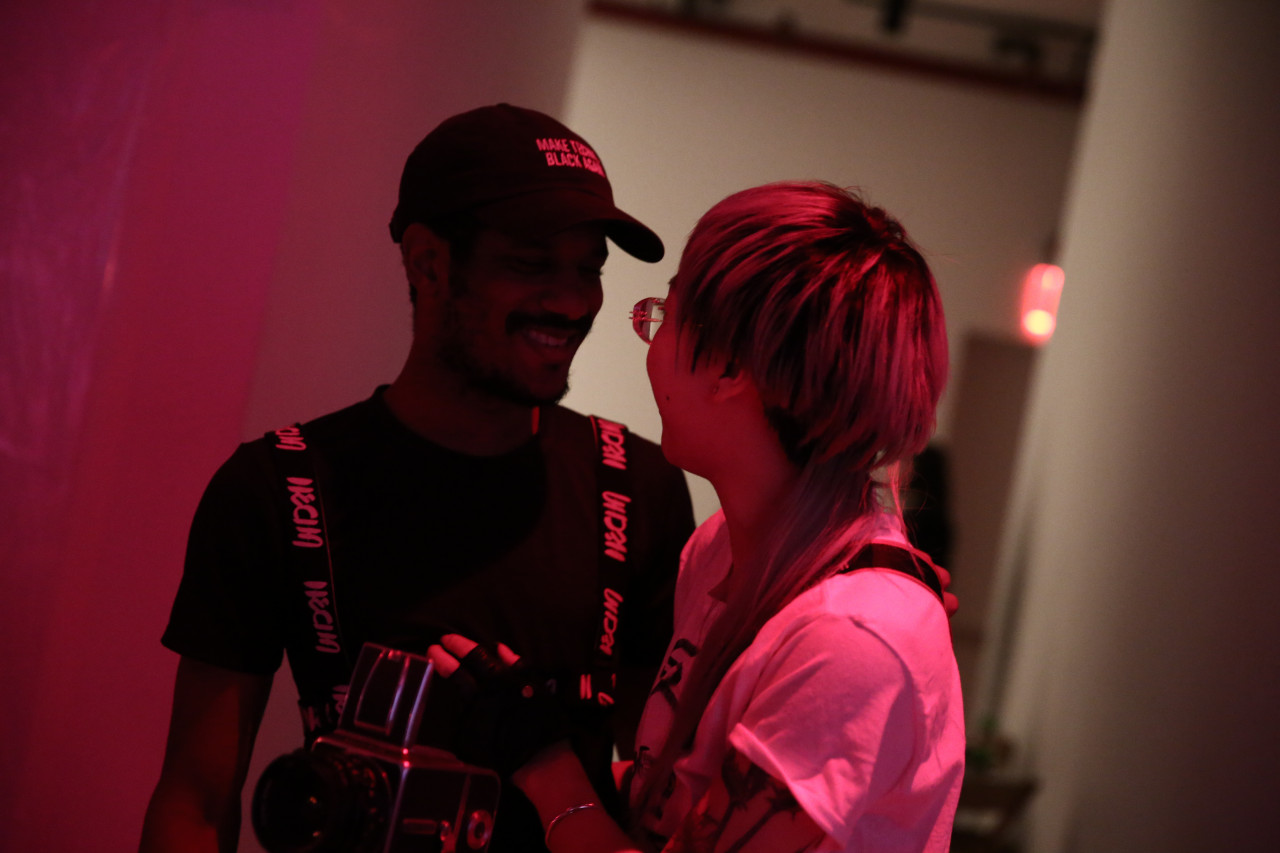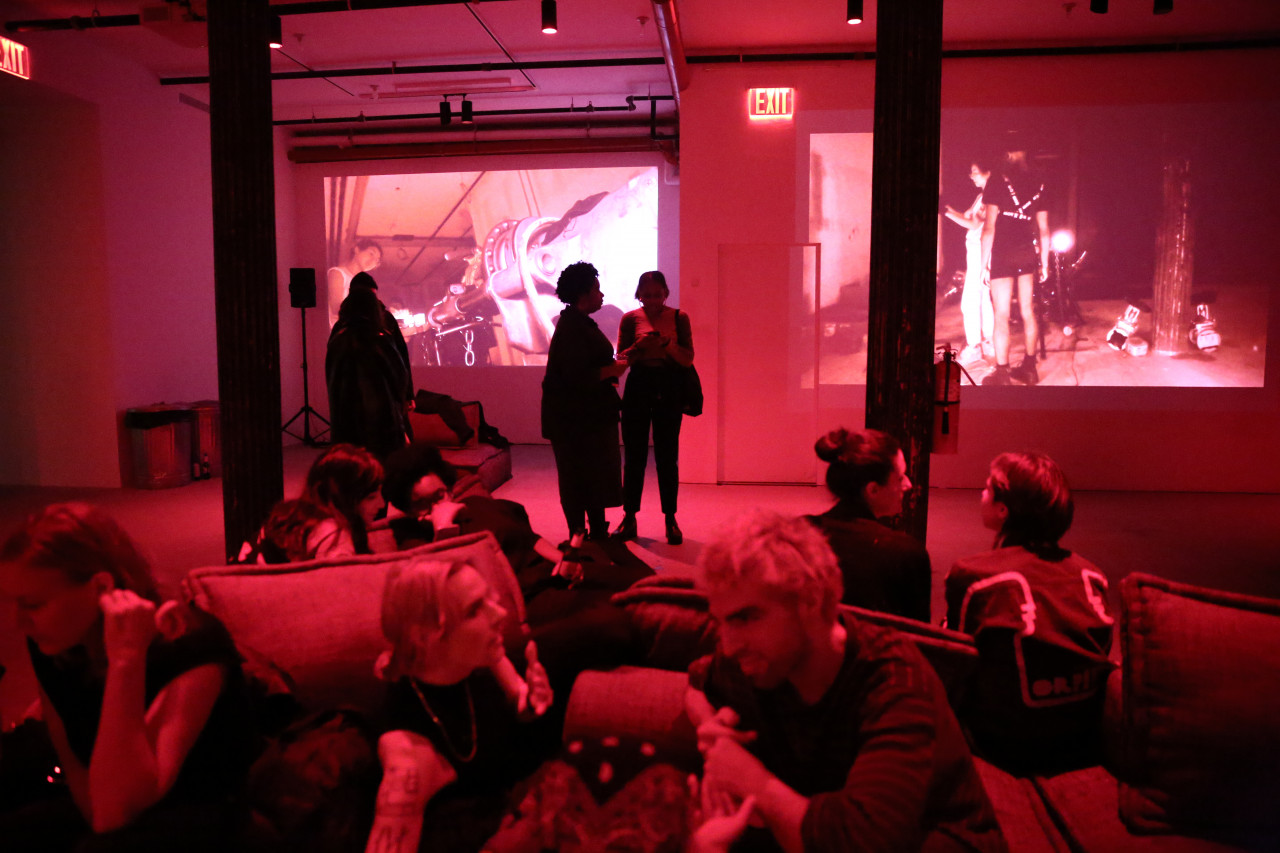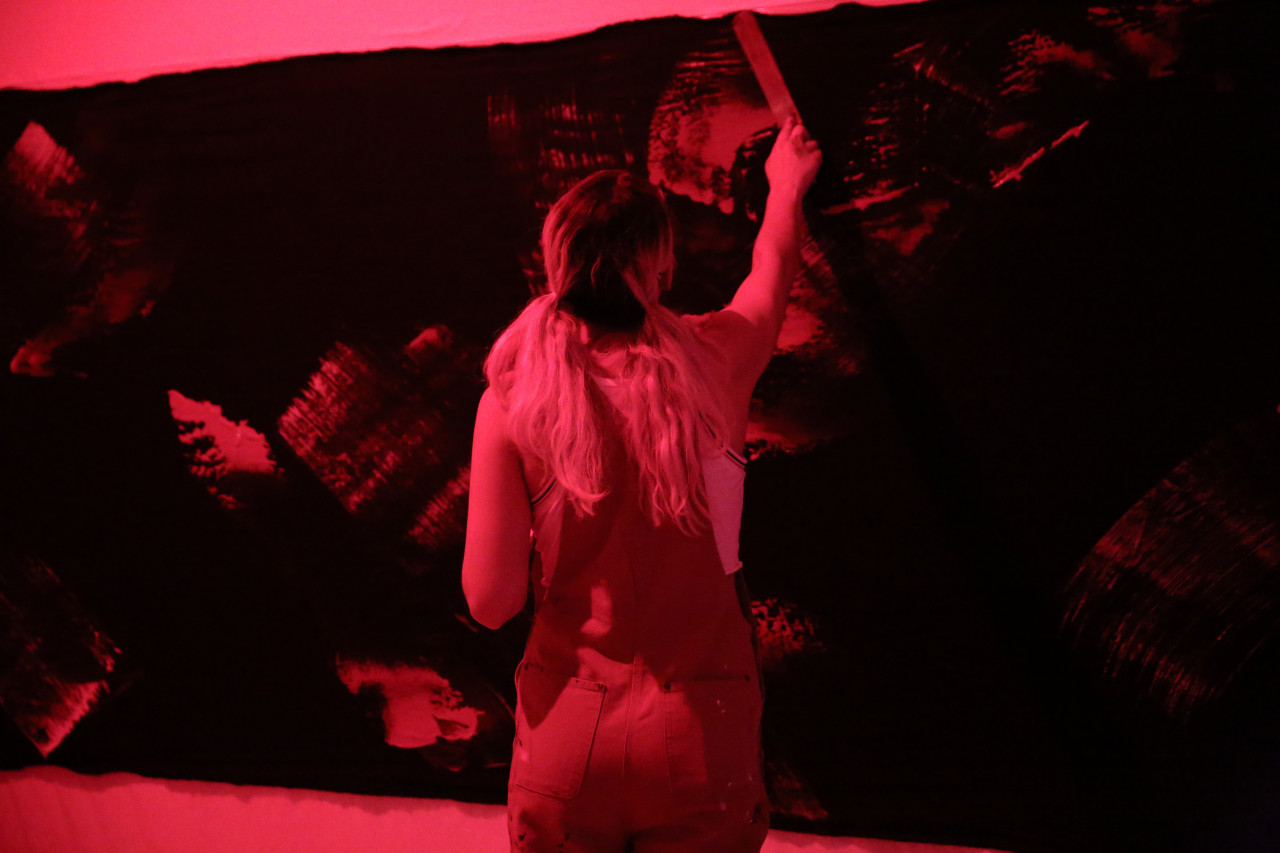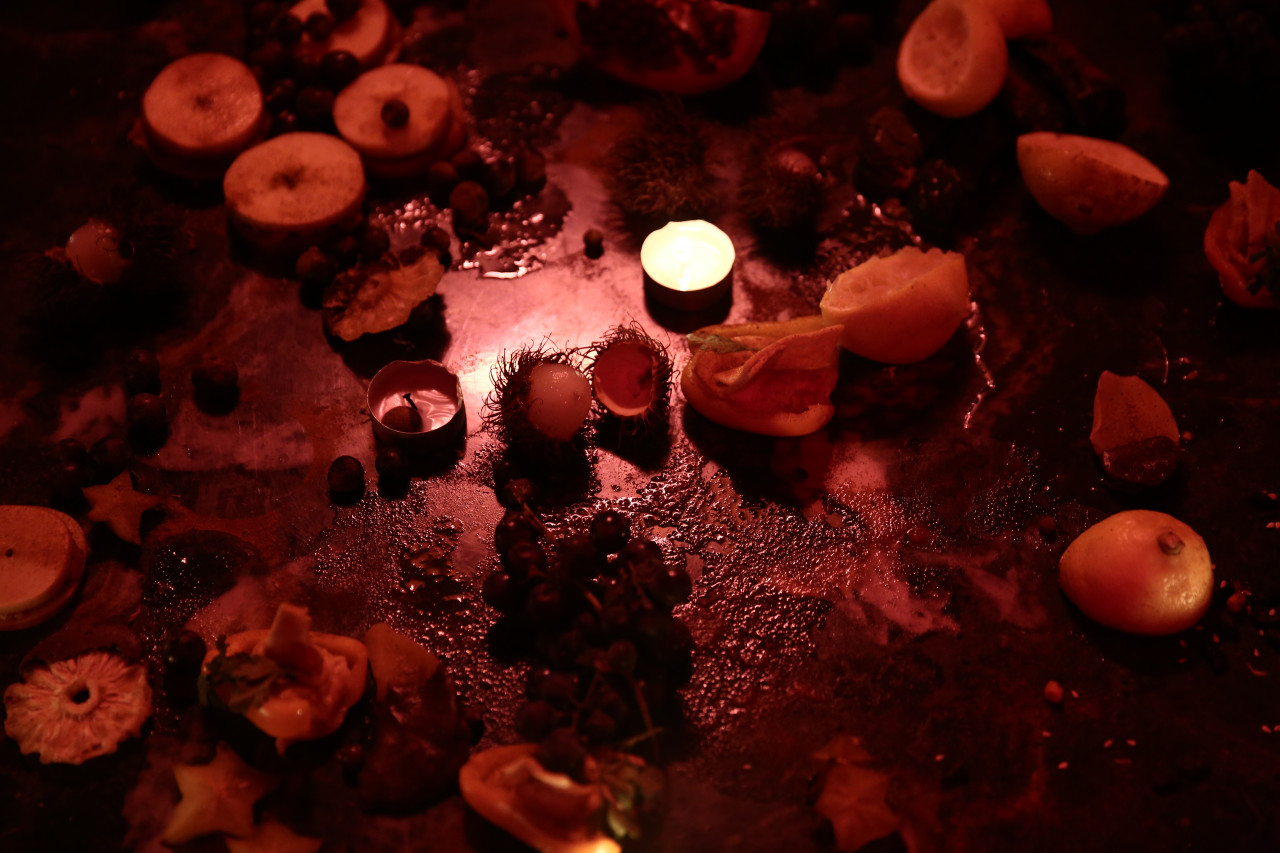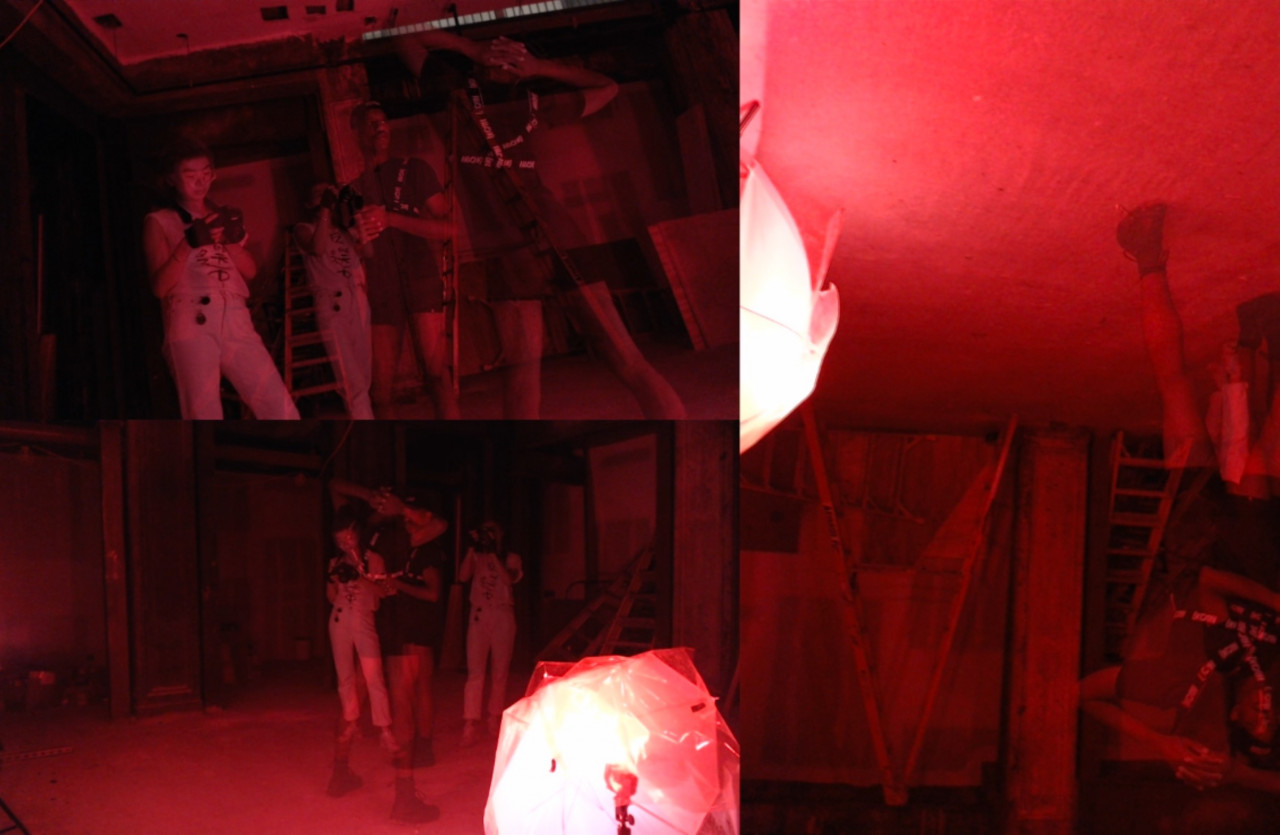DeForrest Brown, Jr. is a New York-based rhythmanalyst, media theorist and curator. His work is concerned with speculative futures in performative contexts and programmatic intersections of technology and thought. He also produces digital audio and extended media as Speaker Music as well as being a representative of the Make Techno Black Again campaign. His most recent writing can be found in Afropunk, Artforum, and Hyperallergic. In 2017 he was the inaugural Suzanne Fiol Curatorial Fellow at ISSUE Project Room and he co-produced Ebbing Sounds Symposium with Swiss publication Zweikommasieben and curator Marcella Faustini in May 2018 at Grey Area Art + Technology with support from Swissnex San Francisco. He has presented work at XXII Triennale di Milano, Kunst-Werke Institute for Contemporary Art, Smart Museum of Art, Unsound Krakow, Black Mountain College Museum, WORM Rotterdam, New Museum, MoMAPS1, Artists Space, 92nd Street Y, Abrons Art Center, Signal Gallery, Cafe Oto, E-Flux’s Bar Laika, Public Records and the Weeksville Heritage Center. He is also one half of Elevator to Mezzanine (E-M) with artist and musician Steven Warwick, and most recently released the black comedy mixtape The Wages of Black is Death (PTP) with sound artist Kepla ahead of their research and performance praxis Substantia Nigra.
Ting Ding is a Chinese-Canadian statistical analyst, photographer, and visual designer. As a co-founder of HECHA / 做, Ding’s work considers the material composition of fashion production as well as the marketing and commercialization of the brand. She attended the University of Toronto where she studied Business and Economics (2010). At her hyper-capitalist day job at the language learning app Babbel, Ding collects, interprets and summarizes numerical data into useable, salable business drivers. Her analysis of the impact of changing market circumstances influences her artistic endeavors in the form of a self-designed “empathy-driven” business model, focused on sustainability and the restandardization of industry practices. Ding has also provided visual work in collaboration with composer Kepla and rhythmanalyst DeForrest Brown, Jr. for their mixtape “The Wages of Being Black is Death” and their performance at the XXII Triennale di Milano.
Luz Angélica Fernández is a multidisciplinary artist and native New Yorker whose work bridges the intersections between art, design, and technology. As a co-founder of HECHA / 做, Fernández focuses in the design and production management of the brand, as well as paints the fabric used for the main line garments. The aesthetic Fernández has developed for the fabric is derivative of her action painting practice and inspired by the patterns and textures of materials in natural and artificial settings such as snow, sand, clay, plaster, tar, and wet cement. In her personal body of work, Fernández’s paintings draw on both the origins of abstract expressionism and the semiotics of the internet age, the titles of which often evoke the social-media informed modes of communication now commonplace in everyday life. Through her works Fernández channels memory and emotion by creating metaphor and building textural color worlds from her immediate experiences.
REMEDI FOOD was founded with the intention of making real, nutritionally bountiful food accessible to New Yorkers of varied socioeconomic backgrounds, especially those find solace and liberation in nightlife. Instead of framing nightlife with substance-fueled debauchery and submitting to nihilism swarming around the future of our planet, we hope to utilize these moments of communal catharsis to remind each other of the role we play in our global ecosystem. The name Remedi was inspired by the practice of bio(remedi)ation, the act of restoring polluted soil with the introduction of helpful microorganisms. We aim to be organisms that help remediate the soil of the human condition that causes our planet and people harm.
